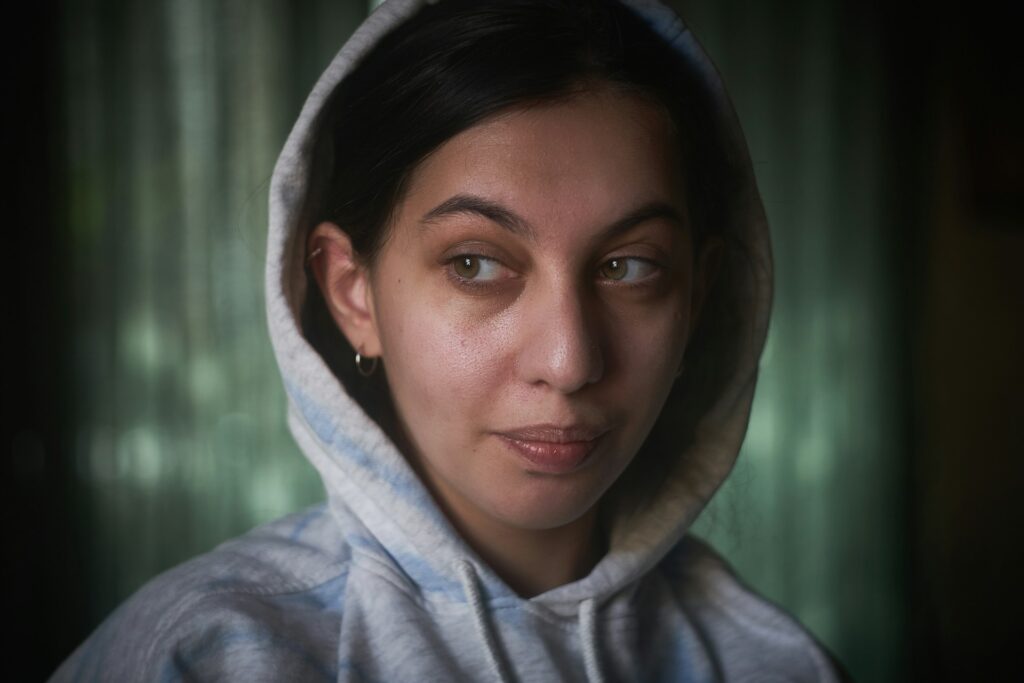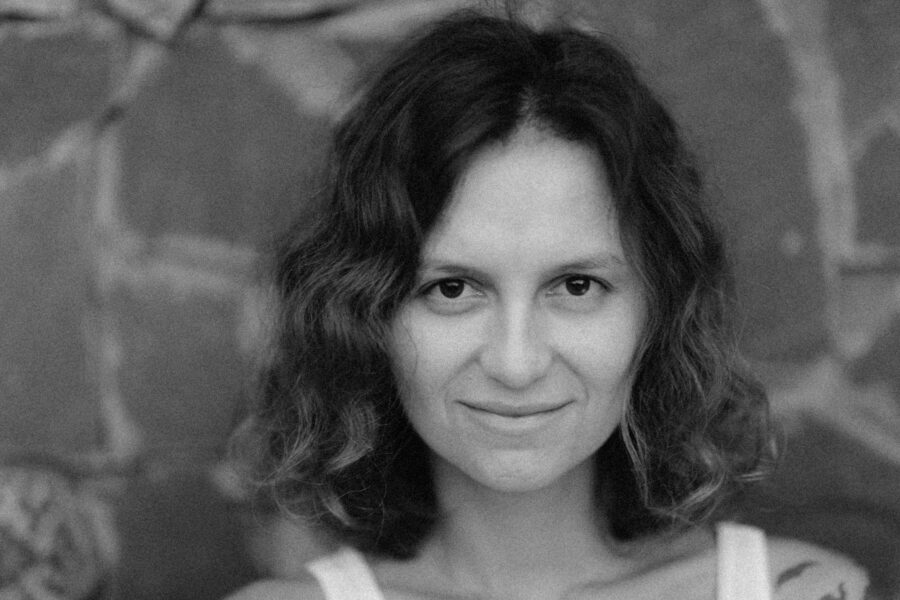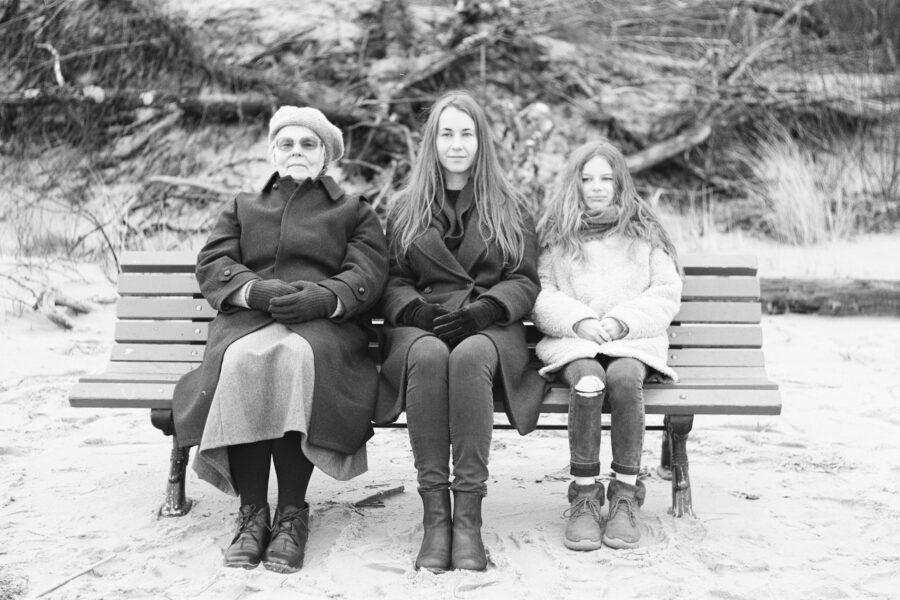We all know how easy it is to scroll through social media and start comparing ourselves to everyone else.

You see someone talking about how they’re “finally healed,” or sharing their latest accomplishment in therapy, and suddenly, you feel like you’re falling behind in your own mental health journey. Of course, everyone’s path is different. Just because someone else seems to be doing better doesn’t mean you’re not making progress at your own pace. It’s hard to break the habit of comparing yourself to everyone else, but here are some things you can do to stay focused on your own healing process.
Recognise that everyone’s journey is unique.

It’s easy to get caught up in the idea that everyone should be on the same timeline. But mental health is complicated; it’s not a race, and there’s no one-size-fits-all path. People have different experiences, struggles, and coping mechanisms that influence their journey. What worked for someone else may not work for you, and that’s okay. The key is recognising that healing is personal, and your journey is just as valid as anyone else’s.
Focus on your progress, not the finish line.

It’s tempting to look at someone who’s seemingly “better” and think you should be there too. But instead of focusing on where everyone else finds themselves in their journey, try to focus on your own progress. Celebrate the small wins—the days you manage to get out of bed, the times you speak up when you usually stay quiet, or the moments you recognise your triggers before they spiral. All of these small steps add up over time and are signs of progress, even if they feel minor in comparison to someone else’s story.
Unfollow or mute accounts that make you feel inadequate.

If you’re constantly comparing yourself to people on social media, it might be time to take a step back. Social media can be great for support, but it can also make you feel like you’re “behind” or “less than” when it comes to mental health. If certain accounts trigger feelings of inadequacy or make you question your journey, consider muting or unfollowing them. Surround yourself with content that uplifts you and reminds you that your journey is valid, no matter where you are.
Be grateful for where you are now.

It’s easy to get caught in the mindset of “I’ll be happy when I’m fully healed.” But that way of thinking can leave you feeling stuck in the future, never truly appreciating where you are right now. Take time to recognise how far you’ve come, even if it feels like a small step. Gratitude can pull your focus from where you think you should be to where you are now—and that change can help you be kinder to yourself.
Understand that healing doesn’t look the same for everyone.

Just because someone looks like they’re “better” doesn’t mean they are. Mental health is often invisible, and just because someone’s outwardly happy doesn’t mean they’re not struggling. What we see on the outside isn’t always a reflection of what’s going on inside. The path to healing isn’t linear—it’s full of ups and downs. Some days you’ll feel great, and other days you might feel like you’re back at square one. That’s normal.
Let go of the idea of “perfect” healing.

When you compare yourself to other people, it’s easy to start aiming for some unrealistic idea of what “healing” looks like. The truth is, there’s no such thing as perfect mental health. Everyone will have their good days and bad days, and that’s part of the process. Stop thinking that one day you’ll “arrive” and everything will magically be fixed. Healing is ongoing, and that’s okay. You don’t have to be perfect to be making progress.
Embrace the process, not just the end goal.

We’re often taught to focus on the end result—the “happily ever after” of feeling mentally well. But the journey itself is where the growth happens. Embrace the moments of self-discovery, the hard work you’re putting in, and the way you learn more about yourself along the way. Yes, the end goal matters, but the journey is where the real healing takes place.
Talk to people who understand your journey.

Sometimes, we feel like we’re the only ones struggling, and that’s where comparison creeps in. But when you talk to people who understand what you’re going through, it helps you feel less alone. Look for communities that focus on mental health, whether that’s in person or online. It’s helpful to hear other people share their experiences and recognise that your journey doesn’t have to look like anyone else’s.
Extend some compassion your own way.

Being hard on yourself because you feel like you should be further along than you are won’t help. In fact, it can actually slow your progress. Try to treat yourself with the same kindness and understanding you would offer a friend who’s struggling. If you wouldn’t tell your friend they’re behind or that they should be doing better, don’t say it to yourself either.
Focus on what works for you.

What helps someone else may not help you—and that’s completely fine. Everyone has different tools that help them with their mental health. Whether it’s therapy, journaling, physical activity, meditation, or something else entirely, focus on what makes you feel better. Experiment with different practices and figure out what helps you, without comparing it to what works for someone else.
Stop comparing your mundane moments to other people’s highlights.

It’s easy to assume everyone else has it together when you see their posts online or hear them talk about their mental health. But what we don’t see is what’s going on behind the scenes. People often only share the highlights of their journeys, leaving out the messy, tough moments. The truth is, everyone has their own struggles, even if they’re not showing it on social media. Don’t measure your progress by someone else’s public display.
Accept that there will always be ups and downs.

There’s no such thing as a perfectly smooth path to mental wellness. You might have days when you feel on top of the world, and other days when it feels like you’re back to square one. That’s normal. The goal isn’t to be “done” with your mental health, but to be okay with the ups and downs. Accepting that healing isn’t linear helps you stop comparing your current state with someone else’s finished-looking product.


